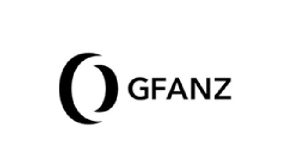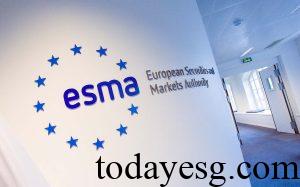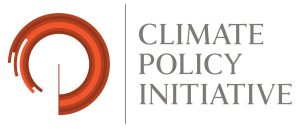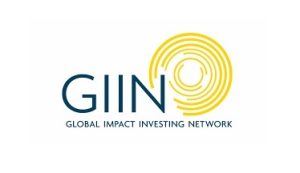ISSB Industry Guidance Application
IFRS has released educational materials of ISSB industry guidance application for enterprises, aimed at helping them understand how to apply the ISSB industry guidance when applying IFRS S1 and IFRS S2.
IFRS believes that ISSB standards require companies to refer to and consider the applicability of SASB standards, as well as industry guidance for implementing IFRS S2, to disclose industry-specific information relevant to users of financial reports.
Related Post: Asian Development Bank Releases Report on ISSB Standards Applications by Asian Regulators
Introduction to ISSB Industry Guidance
The ISSB industry guidance is not part of the ISSB standards and does not impose additional or reduced disclosure requirements on companies. Instead, they help companies meet the requirements of the ISSB standards. The ISSB industry guidance is based on the SASB standard, which includes 77 industry guidance covering a wide range of sustainable development topics. The ISSB industry guidance includes 68 industry guidance and has become a non-mandatory directory for IFRS S2. The ISSB industry guidance can be divided into the following sections:
- Industry descriptions: Describe the business model and industry characteristics to help enterprises identify applicable industry guidance.
- Disclosure topics: Describe the sustainable risks and opportunities faced by companies in the industry when conducting activities.
- Metrics: Describe the available information of a company in terms of disclosure topics.
- Technical protocols: Provide guidance for indicator definition, scope, disclosure, etc.
IFRS believes that companies can also apply SASB standards when applying IFRS S1 and IFRS S2. The SASB standard enables high-quality disclosure of sustainable financial information and improves the quality of information disclosure with the improvement of sustainable risk disclosure methods.
How to Apply ISSB Industry Guidance for Enterprises
IFRS S1 paragraph 59 states that if a company applies the ISSB industry guidance in sustainable disclosure, it needs to disclose this fact and provide specific industry information, as well as indicators from the ISSB industry guidance. IFRS S1 paragraph 74 states that companies need to disclose their material impact judgments made in preparing sustainable information disclosures.
Therefore, if companies believe that applying the ISSB industry guidance will have a material impact on users of financial reports, they need to disclose this fact. IFRS S1 paragraph 48 states that if a company determines that the ISSB industry guidance is not applicable, it still needs to provide information on sustainable risks and opportunities.
Specific jurisdictions have also included ISSB industry guidance in their disclosure scope, such as the European Sustainability Reporting Standards (ESRS) released by the European Union, which refer to ISSB industry guidance as IFRS industry guidance and serve as a transitional measure for identifying specific corporate disclosures. This transitional measure allows companies to apply ISSB industry guidance to supplement information disclosure based on sustainable development reporting standards, and to cover material sustainable development issues.
Reference:
Using ISSB Industry-based Guidance when Applying ISSB Standards





